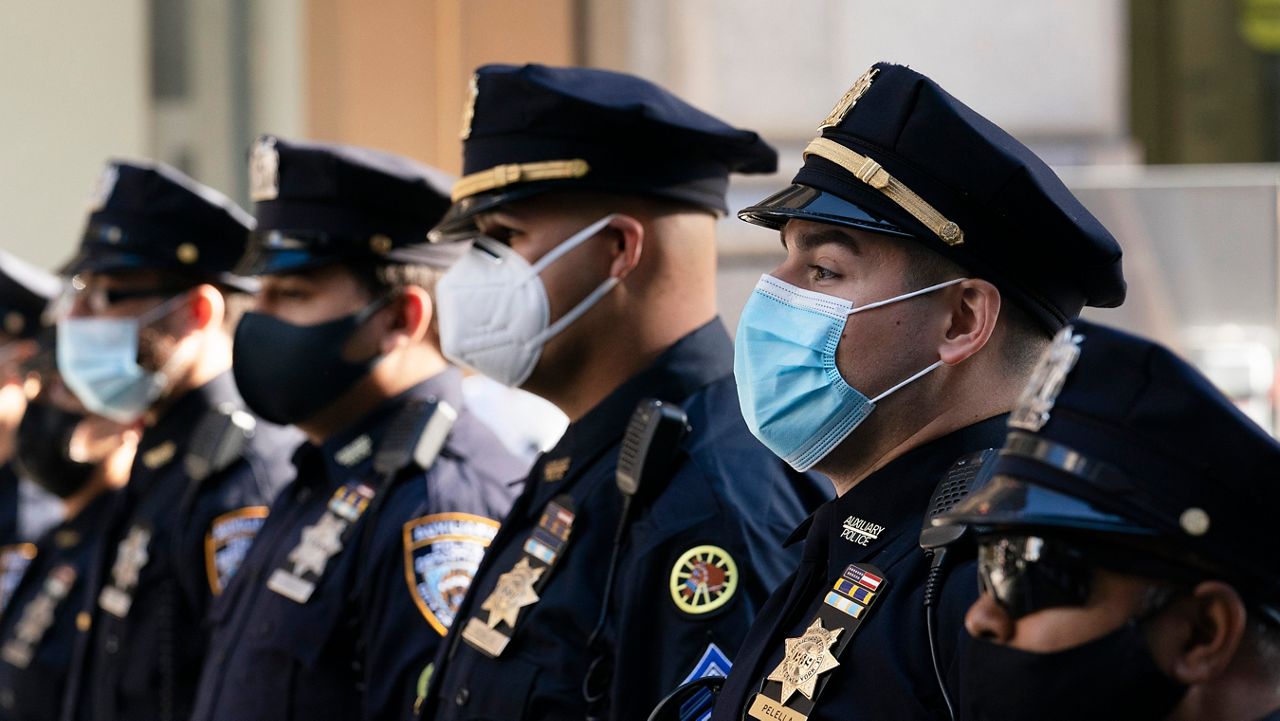Pharmaceutical Merck, active in Europe under the name MSD, will share the patents for its new corona pill. This will enable other pharmaceutical companies to produce the antiviral drug molnupiravir cheaply for 105 low-income countries.
According to MSD, the pill prevents people from becoming seriously ill or dying after a corona infection. Molnupiravir still has to be approved by the American drug regulator FDA and its European counterpart EMA. If that happens, it could be marketed in the United States and Europe. This would make it the first drug against Covid-19 that people can take.
That MSD has decided to share the patent is good news for developing countries, experts say. Without the agreement, the pill would probably be difficult to reach for those countries. These are countries that often also have problems obtaining vaccines against the corona virus.
The patent agreement runs through a special organization, the Medicines Patent Pool, which is supported by the United Nations. The aim of that organization is to make essential medicines accessible to developing countries by negotiating licenses. For example, the Medicines Patent Pool previously negotiated patents on HIV drugs.
The Netherlands is not on the list of the Medicines Patent Pool, but many African countries are. Vaccination is particularly lagging behind on the African continent. Richer countries have enough resources to purchase the drug from MSD.
‘Makes big difference’
“This will make a big difference for developing countries,” says Ellen ‘t Hoen, patent law expert. She expects molnupiravir to remain affordable if several manufacturers start using it. “For countries where vaccines are poorly available, this could become an important product.”
The release of the patent will not change the current vaccine shortage, warns field epidemiologist and microbiologist Amrish Baidjoe, who works for Doctors Without Borders. “But you do give countries the opportunity to set up their own production without being hindered.” According to Baidjoe, the production of the drug will increase and the price will fall.
The field epidemiologist argues that developing countries are now too dependent on the charities of wealthier nations, which have purchased covid vaccines on a large scale. Baidjoe: “That charity is largely absent. During a global crisis you don’t want to be dependent on it, you want countries to be able to produce regionally themselves.”
According to Baidjoe, there is insufficient knowledge locally to make vaccines or covid medicines independently. “I work in many areas where there are academic institutes and where a lot of knowledge is available. They see the suffering and the need to produce locally and want to get started.”
–


